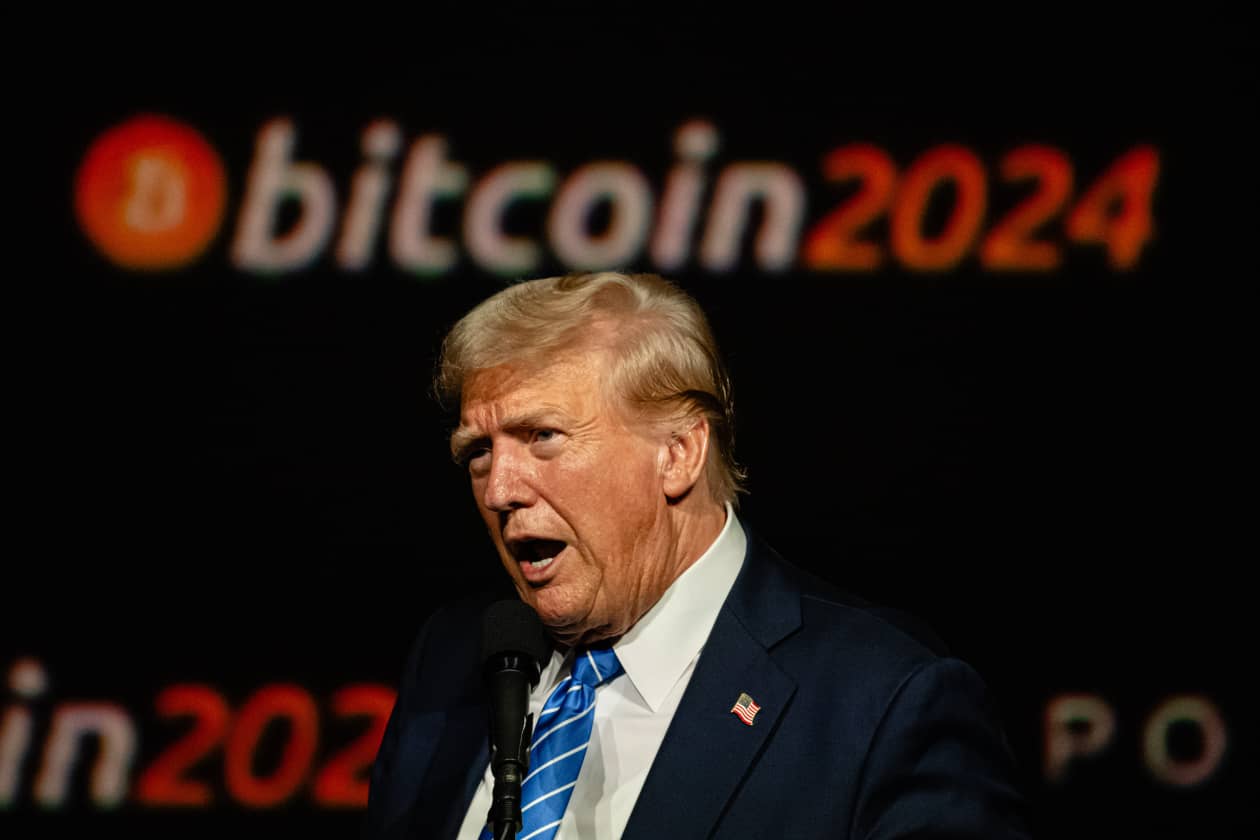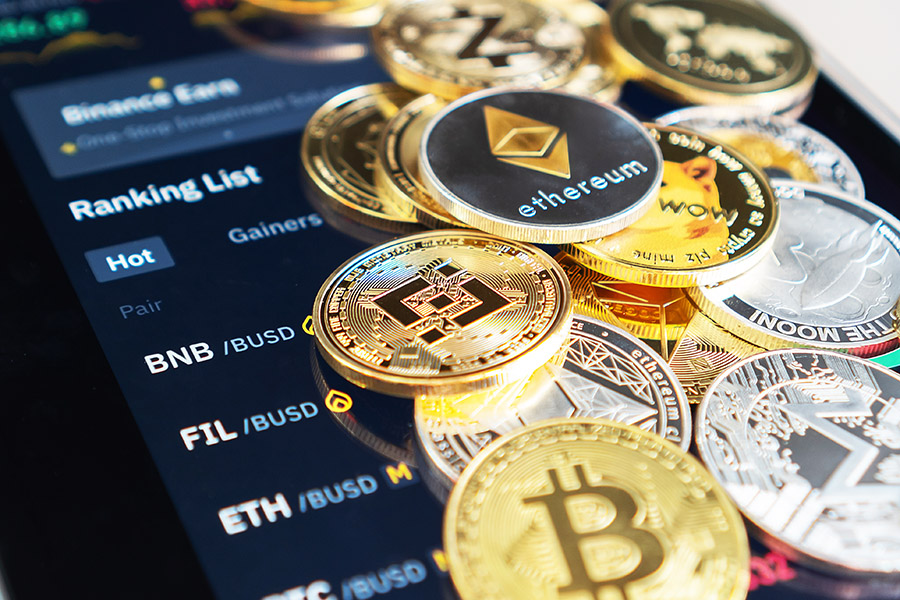BitcoinCryptocurrencyNewsRegulation
Iran’s Ministry of Intelligence has reportedly blocked almost 10,000 bank accounts over suspicious foreign currency and cryptocurrency transactions. The action was carried out in collaboration with the country’s central bank.
9,219 Bank Accounts Blocked
Iran’s Ministry of Intelligence issued a statement Saturday stating that it has blocked a number of bank accounts due to suspicious foreign currency and cryptocurrency transactions, local media reported. The ministry detailed:
A total of 9,219 bank accounts belonging to 545 individuals were blocked.
The statement adds that the total transaction value blocked was over 60 trillion Iranian tomans, which is approximately $2 billion based on the daily dollar exchange rate in the Iranian open market. Iran’s currency recently hit a four-month low against the U.S. dollar.
However, the ministry did not provide any details on the accounts or how much of the turnover was in digital currency.
The Ministry of Intelligence’s action was carried out by the order of a judge and in collaboration with the country’s central bank. It was part of the Iranian government’s recent plan to combat illegal and unauthorized foreign currency and cryptocurrency transactions. In December last year, the ministry announced that it froze bank accounts of more than 700 “illegal” foreign exchange traders in the country.
Meanwhile, Iran is also cracking down on unauthorized cryptocurrency mining. The authorities have shut down about 7,000 unauthorized mining facilities in the past two years. The Iranian government has also drafted new rules to increase penalties for illegal cryptocurrency mining, including additional fines and imprisonment.
What do you think about Iran blocking bank accounts over suspicious crypto transactions? Let us know in the comments section below.

A student of Austrian Economics, Kevin found Bitcoin in 2011 and has been an evangelist ever since. His interests lie in Bitcoin security, open-source systems, network effects and the intersection between economics and cryptography.
Image Credits: Shutterstock, Pixabay, Wiki Commons
Disclaimer: This article is for informational purposes only. It is not a direct offer or solicitation of an offer to buy or sell, or a recommendation or endorsement of any products, services, or companies. Bitcoin.com does not provide investment, tax, legal, or accounting advice. Neither the company nor the author is responsible, directly or indirectly, for any damage or loss caused or alleged to be caused by or in connection with the use of or reliance on any content, goods or services mentioned in this article.
Source : Bitcoin



